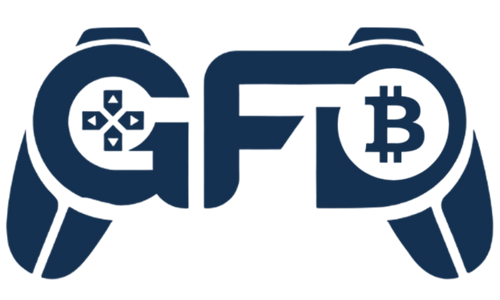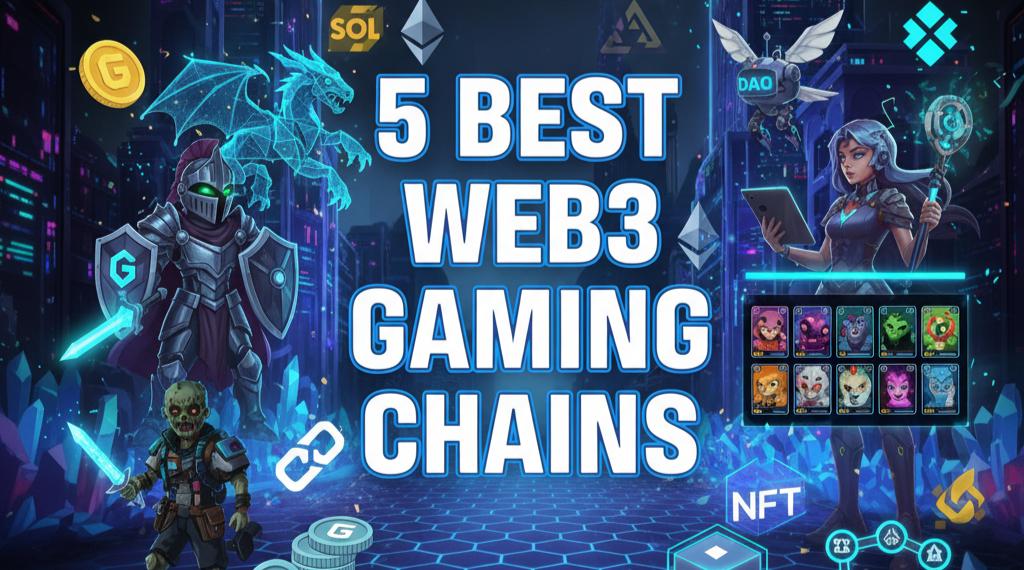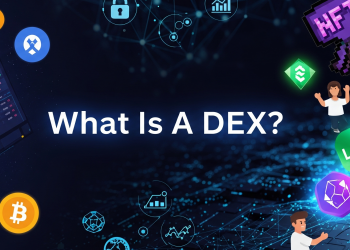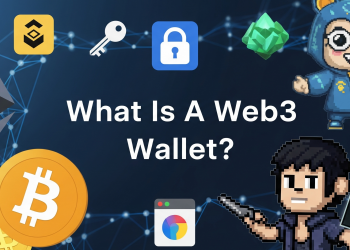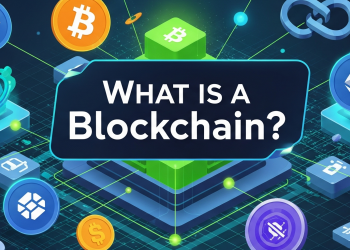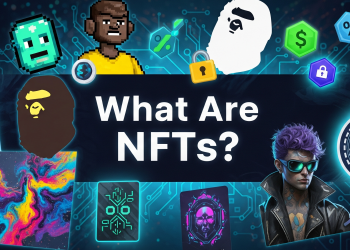In Web3, gaming chains are not only used for payments. They are the main idea of digital ownership. A gaming blockchain brings power to the gamers to have the items, characters, and currencies of the game through NFTs and tokens. Web3 chains allow trading, selling, or even using the items in different ecosystems.
However, not all blockchains are identical. Each chain has its advantages, be it speed, cost, community, or developer tools. Knowing these advantages keeps gamers and developers on their toes in search of the right play and build environment.
1. Solana
Strengths:
Solana is usually associated with its very fast transaction rate and its very low gas fees. It is capable of performing thousands of transactions per second; thus, games that require a large number of rapid and small interactions are highly recommended to be built on it – real-time MMOs or trading economies are some examples.
Examples of Games on Solana:
- Star Atlas – A space MMO with exploration, fleets, and NFT-based assets.
- Genopets – A move-to-earn game combining fitness with NFT pets.
- Aurory – An RPG with PvE and PvP game modes.
2. Polygon
Strengths:
Polygon is an Ethereum-compatible chain that allows users to make transactions with low fees and has a large developer community. Because it is in line with Ethereum standards, developers can easily move or increase the capacity of their projects to Polygon.
Examples of Games on Polygon:
- Sunflower Land – A farming game inspired by classics like Stardew Valley.
- Planet IX – A strategy and resource management game with NFTs.
- Zed Run – A digital horse racing game with NFT ownership.
3. Ronin
Strengths:
Ronin was made specifically for gaming. It is the result of Sky Mavis, the video game studio behind Axie Infinity’s effort, and it is tailored for quick and low-cost transactions. It has one of the most active gaming communities in Web3, as most players started at Axie.
Additionally, Ronin is progressing with the plan to become a Layer-2 EVM chain again, hence it will be linked to the Ethereum chain for more compatibility, but still keeping its gaming-first focus.
Examples of Games on Ronin:
- Axie Infinity – The flagship monster-battling and breeding game.
- Pixels – A social farming and exploration game.
- Apeiron – A god-game with strategy and NFT elements.
4. Immutable (Immutable X / zkEVM)
Strengths:
Immutable provides NFT minting and trading without gas for players who are free of security worries. It offers a developer-friendly environment and mainly builds tools for NFT-intensive games, making it the first choice for collectible and trading-based titles.
Examples of Games on Immutable:
- Illuvium – An open-world RPG and auto-battler.
- Gods Unchained – A trading card game similar to Hearthstone.
- Guild of Guardians – A cooperative mobile RPG with NFT heroes.
5. Abstract Chain
Strengths:
Abstract is a new gaming-centric chain focused on making the process of onboarding a user easy. Players can use email logins that automatically generate wallets, lowering the entry barrier for Web2 players entering Web3. The network is dedicated to casual and mobile-friendly games, which prioritize simple access.
Examples of Games on Abstract:
- Lol Land – A casual board-based Web3 game by YGG Play.
- Giga Chad Bat – A timing-based tap-to-earn casual game.
How to Choose the Right Gaming Chain
When exploring Web3 games, remember that each chain is different. Here are some simple points to guide your choice:
- Research the game first – Make sure it’s fun for you. Even a strong chain won’t matter if you don’t enjoy the game.
- Fees & Speed – Do you want games where every action is instant and cheap? (Solana, Ronin, Immutable).
- Community Size – A large ecosystem means more games, more players, and better support (Polygon, Solana).
- Game Focus – Some chains are NFT-heavy (Immutable), some are casual-friendly (Abstract), and some focus on complex economies (Solana).
- Ease of Access – Chains like Abstract make onboarding easier for beginners, while others may require more setup.
Final Thoughts
Web3 gaming chains are the foundation of play-to-earn, digital ownership, and community-driven economies. Solana, Polygon, Ronin, Immutable, and Abstract each bring unique strengths that support different styles of gameplay.
As a player, the best chain is the one that simply supports the game you want to play. With the development of the ecosystem, you can expect more cross-chain play and smoother onboarding, thus being able to access the GameFi world more conveniently.
FAQs
Q1: What is a Web3 gaming chain?
It’s a blockchain (or layer-2 / sidechain) that is optimized for supporting games — meaning it has features like fast transactions, low fees, NFT support, and tools for developers.
Q2: Why are low gas fees important for gaming?
Games often require many small actions. High fees would make each move expensive, but chains like Solana, Ronin, and Immutable keep fees very low or even free.
Q3: Can I play Web3 games for free?
Yes. Many Web3 games now have free-to-play options. Some still require NFTs or tokens to unlock full features, but free modes are common.
Q4: Do I need crypto to start playing?
Not always. Some chains, like Abstract, allow you to start with just an email login. Others may require setting up a wallet and getting tokens first.
Q5: Are these chains safe?
Major gaming chains are generally safe, but always be cautious. Use official wallets, double-check game links, and avoid sharing private keys.

